Oops! An anonymous user recently uploaded some benchmarks for Intel’s upcoming 7th Generation Core Processors, codename Kaby Lake, to the SiSoft benchmark database.
The benchmarks that were uploaded come from an Intel Core i7-7700K processor running on an ASRock Z270 Extreme 4 motherboard. Interestingly enough, it also reports that the CPU was paired with “2x 4GB Fujitsu TEAMGROUP-D4-3866 DIMM DDR3 PC3-34100” which is plausible as Kaby Lake, just like Skylake will support both DDR3 and DDR4 memory.
The two benchmarks that were uploaded include SiSoft Sandra’s Processor Arithmetic Benchmark and Processor Multi-Media Benchmark. In the benchmarks, the Intel Core i7-7700K scored 151.94GOPS in the Processor Arithmetic Benchmark and 379.08Mpix/s in the Processor Multi-Media Benchmark.
Here’s a look at a comparison between the leaked Intel Core i7-7700K benchmarks and benchmarks uploaded from the Intel Core i7-6700K. In both benchmarks, we can see that the Intel Core i7-7700K crushes the Intel Core i7-6700K. The Intel Core i7-7700K saw performance gains of ~10% in the Processor Arithmetic Benchmark and a whopping ~33% in the Processor Multi-Media Benchmark.
Of course, it’s important to keep in mind that we’re comparing one benchmark run of an unreleased Intel Core i7-7700K against the average performance of the Intel Core i7-6700K so I wouldn’t put much faith in the accuracy of these results. However, if these numbers do end up being close to the actual performance, Kaby Lake could be rocking a huge improvement in performance that we typically don’t see too often between processors that utilize the same manufacturing process.
Additionally, if this benchmark is in fact leaked from an actual Intel Core i7-7700K, we also have a few more concrete details about its specs as well. Here it shows that there’s 4 cores, 8 threads as expected and a core clock of 4.20GHz, which is likely the maximum turbo boost frequency. There’s also 4x 256kB L2 cache and a 8MB shared L3 similar to what we have in current generation Skylake processors.
Intel’s upcoming Kaby Lake processors are expected to launch sometime in 4Q2016.
Source: SiSoftware

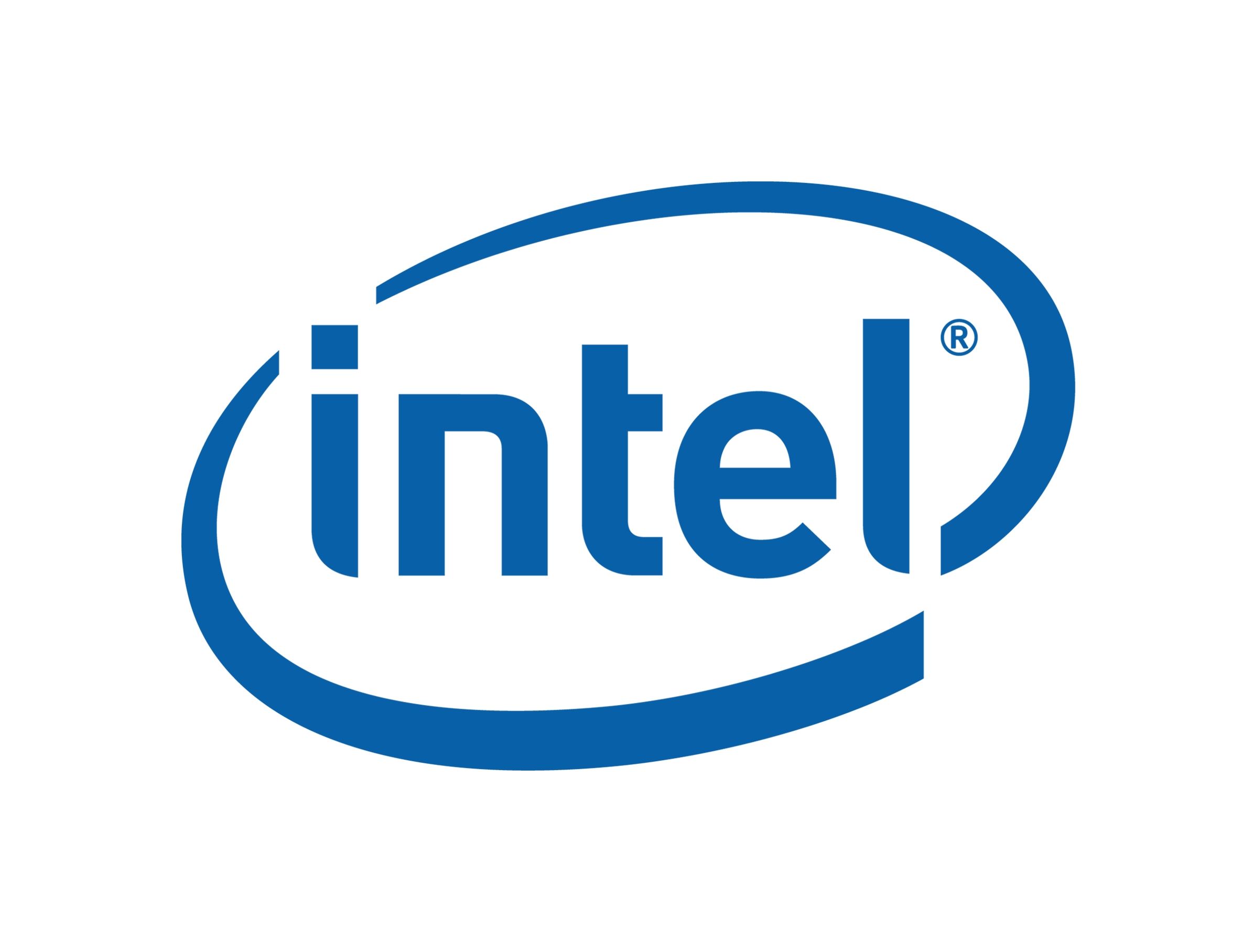
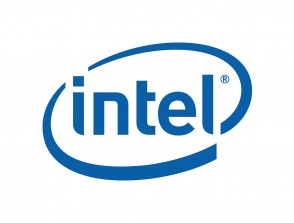
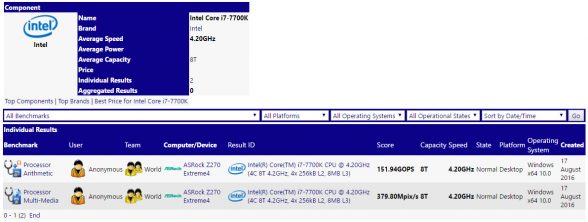

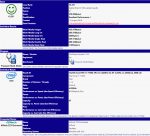
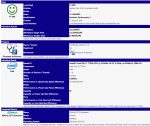
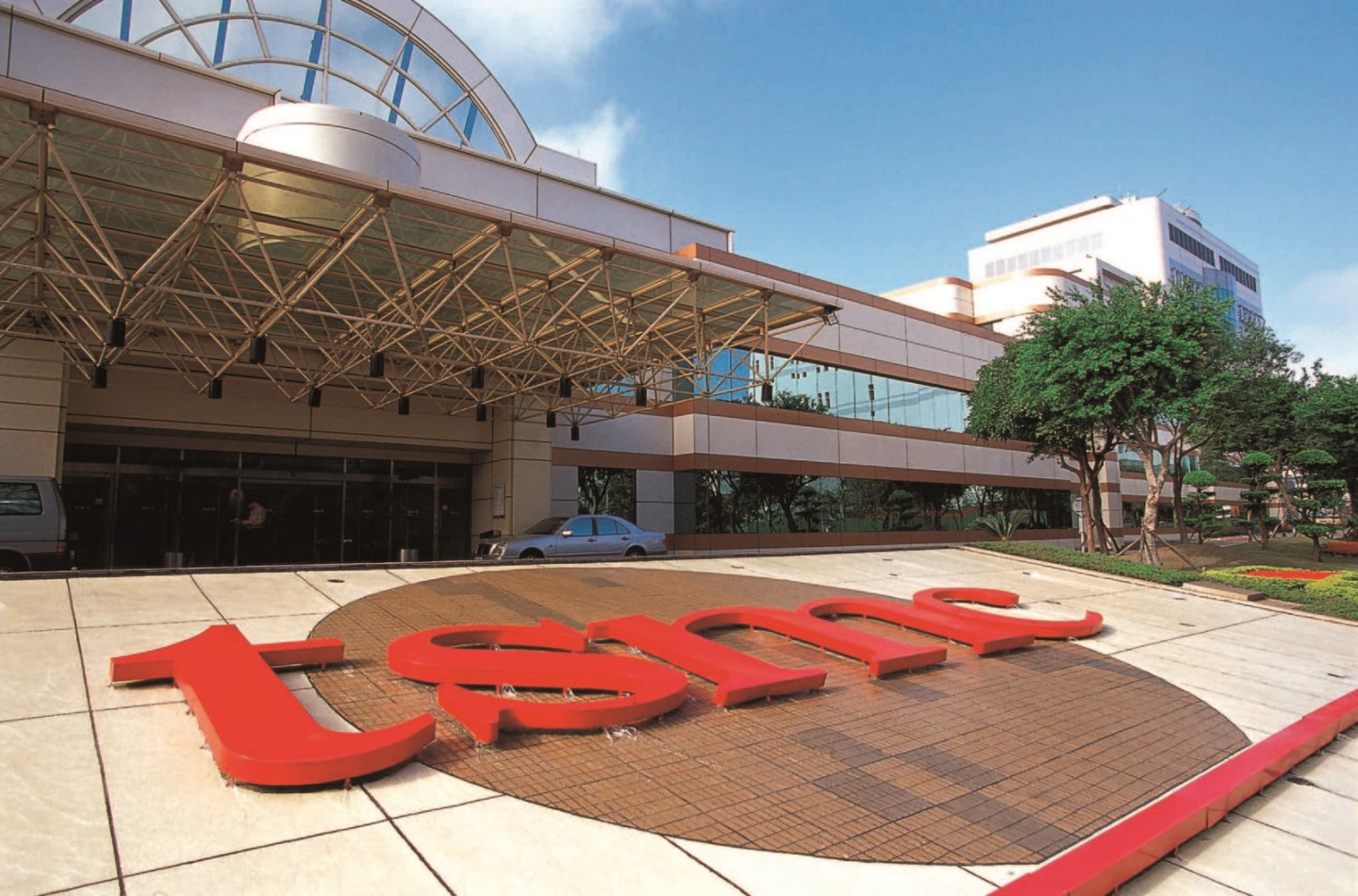
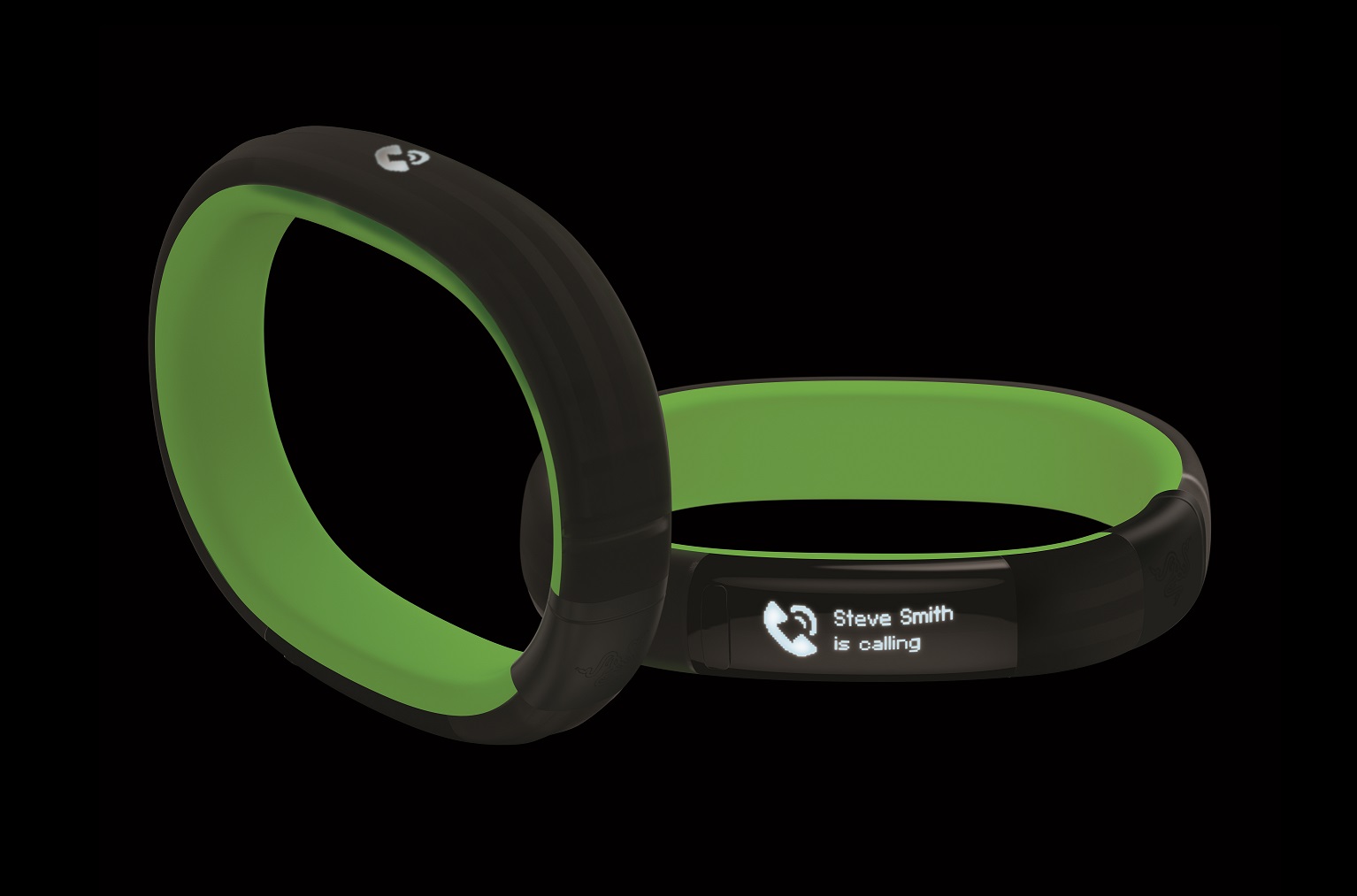
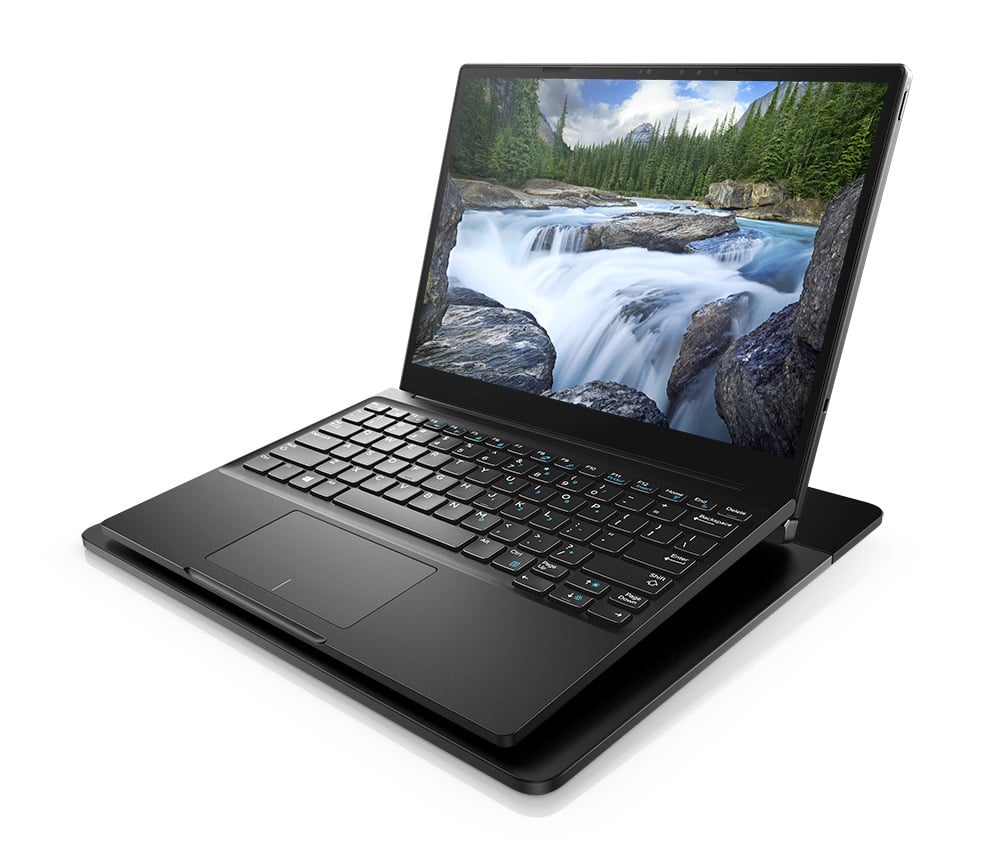
It’s will likely be about %10 better performance same as always, the problem here is still 4 cores. If zen gets even within a stone’s throw performance but is offering 8 cores for the same price, it’s going to be such a better deal. Come on intel, workloads are threaded now, they have been threaded for a long time, christ you can get 8 core phones. I hate to say it but I might go AMD this round, which is something I haven’t said in a long time.
Everytime you add another core, you sacrifice a bit on singlecore performance. Intel simply believes that current consumer usage need 20 percent better Single core perf. Over double the core count. They are not wrong until dx11 finally dies. For designers intel has x99 playform.
Intel make a 10 core/20 thread if you can pony up the cash for it, A 22 core xeon if you want a pissing content.
This quad, is faster that the current broadwell-e 6 core in single, dual, triple, quad, and 5 core usage, and almost as as fast in 6 core. Its a great chip.